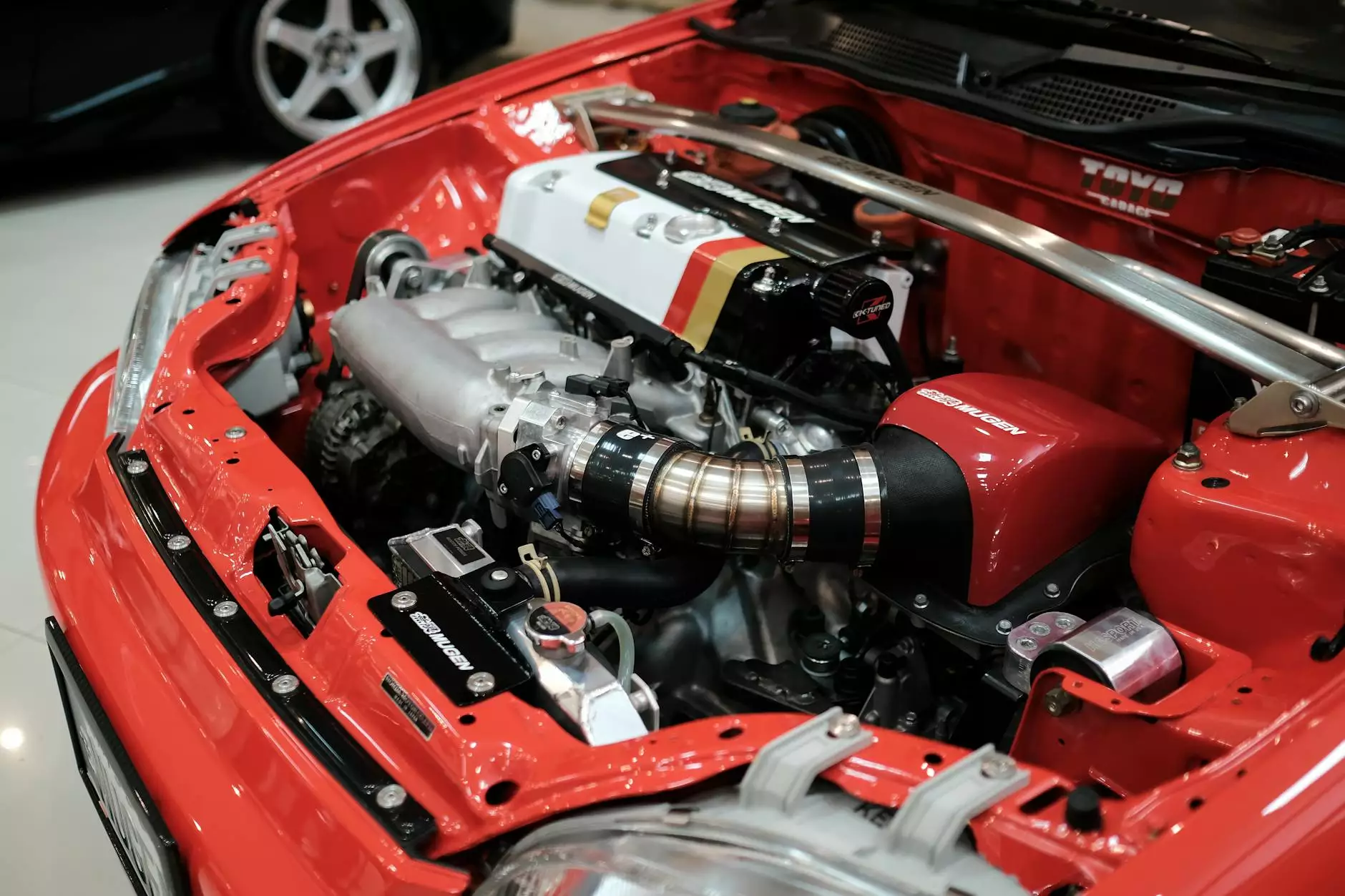Understanding the Role of Automotive Camshaft Manufacturers

The automotive industry plays a pivotal role in the global economy, driving technological innovations and spearheading advancements in efficiency and performance. At the heart of this industry lies an intricate web of suppliers and manufacturers, with the automotive camshaft manufacturers being one of the most critical players. They are responsible for producing vital components that enhance engine performance, especially in diesel engines. This article delves deep into the significance of these manufacturers, their contributions, and what sets them apart in the competitive landscape of diesel engine parts.
What Is a Camshaft?
A camshaft is an essential part of the engine that helps control the opening and closing of the engine valves. This component significantly impacts the engine's efficiency and performance. Here are some key functions of the camshaft:
- Regulates valve timing: It ensures that the intake and exhaust valves open and close at the correct times, optimizing fuel intake and exhaust expelling.
- Influence power and torque: The design of the camshaft can affect how well the engine develops power and torque.
- Reduces emissions: Efficient valve timing can lead to a reduction in harmful emissions, which is crucial for complying with environmental regulations.
The Importance of High-Quality Camshafts
In today’s automotive landscape, quality camshafts are more critical than ever. With stricter emission standards and the demand for higher efficiency, manufacturers must focus on precision engineering. High-quality camshafts lead to engines that:
- Enhance fuel efficiency: A well-designed camshaft contributes to optimal combustion, leading to better mileage.
- Improve performance: Automotive enthusiasts seek modifications that can enhance performance; thus, the demand for high-performance camshafts is increasing.
- Increase reliability: Quality camshafts reduce the risk of engine failure, leading to longer vehicle life and better performance.
Leading Automotive Camshaft Manufacturers
The market for automotive camshaft manufacturers is vast, with numerous companies specializing in the production of camshafts tailored for various engine types, including those used in diesel engines. Here, we explore some of the industry's leading manufacturers that excel in providing high-quality camshafts:
1. Client Diesel
Client Diesel is a well-known name in the field of diesel engine parts and has established a reputation for quality and reliability. Their camshafts are designed to meet the needs of modern diesel engines, combining durability with precision engineering. They supply:
- OEM camshafts that meet or exceed manufacturer specifications.
- High-performance aftermarket camshafts for racing and performance vehicles.
- Custom camshaft solutions for specialized diesel applications.
2. Caterpillar
Caterpillar's camshaft manufacturing division is renowned for its innovative design and high-performance capabilities. Their camshafts are used in some of the most powerful diesel engines in the world, emphasizing robustness and efficiency.
3. Cummins Inc.
As a leading manufacturer of diesel engines, Cummins Inc. provides camshafts that are engineered for optimal performance. They focus on sustainable practices while ensuring their components are built to last.
4. Bosch
Bosch is synonymous with quality in automotive parts. Their camshafts are known for precision and the ability to withstand extreme conditions, making them a favored choice among diesel engine manufacturers.
The Manufacturing Process of Camshafts
The production of camshafts involves several sophisticated processes, characterized by the following stages:
1. Material Selection
Choosing the right materials is crucial. Most camshafts are made from high-strength steel or cast iron, designed to endure high levels of stress and heat.
2. Machining
The machining process is vital for achieving the precise dimensions required for camshaft function. This includes:
- Turning: This process shapes the camshaft into its basic form.
- Milling: This adds features like lobes and keyways that are critical for performance.
- Grinding: This final stage ensures a smooth surface finish for optimal operation.
3. Heat Treatment
Post-machining, camshafts undergo heat treatment to enhance their hardness and durability. This is a crucial step that improves resistance to wear and fatigue.
4. Quality Control
Every camshaft produced undergoes rigorous quality control testing to ensure compliance with industry standards. This process includes dimensional inspection, material testing, and performance assessment.
The Future of Automotive Camshaft Manufacturing
As we move into the future, the landscape of automotive camshaft manufacturing is expected to evolve significantly due to several factors:
1. Advancements in Technology
The adoption of advanced manufacturing techniques such as 3D printing and computer numerical control (CNC) machining is set to revolutionize the production of camshafts, allowing for more complex designs and faster manufacturing times.
2. Increased Focus on Sustainability
With a global shift towards sustainability, manufacturers are exploring eco-friendly materials and processes. This includes using recyclable materials and reducing waste during production.
3. The Rise of Electric Vehicles
Although electric vehicles (EVs) present challenges for the camshaft industry, they also offer new opportunities for innovation. Manufacturers are now working on hybrids and designs that cater to both combustion engines and the needs of EVs.
Conclusion: The Essential Role of Automotive Camshaft Manufacturers
In conclusion, the work of automotive camshaft manufacturers is vital not only for the performance of diesel engines but also for the entire automotive industry. The commitment of these manufacturers to quality, efficiency, and innovation serves as a foundation for the future of transportation. As the industry evolves, it will be exciting to see how these manufacturers adapt and lead in the face of changing technologies and marketplace demands. Companies like Client Diesel are positioned to continue providing high-quality parts necessary for the advancement of diesel engines, ensuring performance and reliability for years to come.



